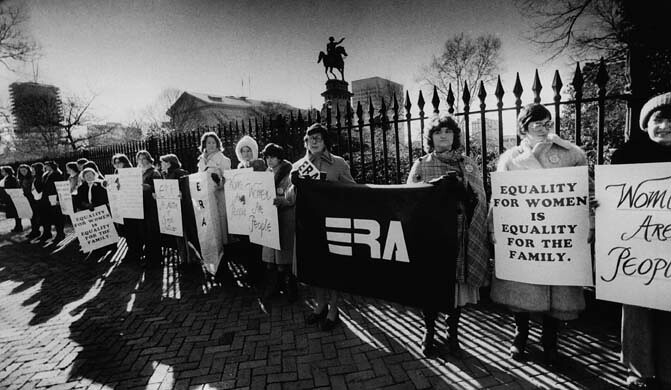On July 10th 1971, more than 320 women came together in Washington D.C. to…
Who gets to be a guest on local TV political shows?

Marie Aberger, Founding Partner at Be Clear
When viewers turn on a local TV political show, they’re twice as likely to hear a man’s views as they are a woman’s views.
In 2016, Hillary Clinton became the first woman to secure a major party Presidential nomination. In the 2018 midterm elections, more women were elected to Congress than ever before. Now, we’re gearing up to watch a record six women take the presidential debate stage later this week.
This historic progress has propelled a vital conversation about treatment of female candidates in the national news and on social media. Less attention, however, has been paid to a news source that may have the biggest impact on elections: local news.
Local news remains Americans’ preferred information source by a wide margin. And among different types of TV news, local news outstrips both cable and national network news in popularity. Local TV also enjoys voters’ trust. A 2018 Poynter Media Trust Survey “found 76 percent of Americans across the political spectrum have ‘a great deal’ or ‘a fair amount’ of trust in their local television news… That contrasts with 55 percent trust in national network news…”
So, with a new analysis, my team and I set out to ask: who is on local television telling us what to think about these candidates? Who is commentating on their electability, their policy ideas, their perceived likability, and how the races are going?
In short, are the political talkers and pundits on our local TV stations reflecting the changing reality of our elections?
To answer that question, we tracked over 400 guest appearances on local political TV shows for 3 months in 2019. We considered 14 politically important markets, described in more detail in the full study.
The findings were jarring, if not surprising. No matter how we sliced it, the data produced the same results: when viewers turn on a local TV political show, they’re twice as likely to hear a man’s views as they are a woman’s views. That massive gender gap has obvious implications for how female candidates are covered compared to their male counterparts.
This analysis focused on gender disparities, in part because self-reported data about age and race was not readily available. However, it was clear that guests tended to be older and whiter than the electorate. Young people, women, people of color, and, especially, women of color are increasingly driving political change, and diversity of age and race should also be prioritized in addition to striving for gender balance.
The face of America’s political leadership is—finally—changing. For local news to maintain its trust and viewership, it will have to keep up.
Marie Aberger is a founding partner at Be Clear, a progressive communications firm. She is a former communications aide for the Obama White House, Airbnb, and Rhode Island Governor Gina M. Raimondo.





